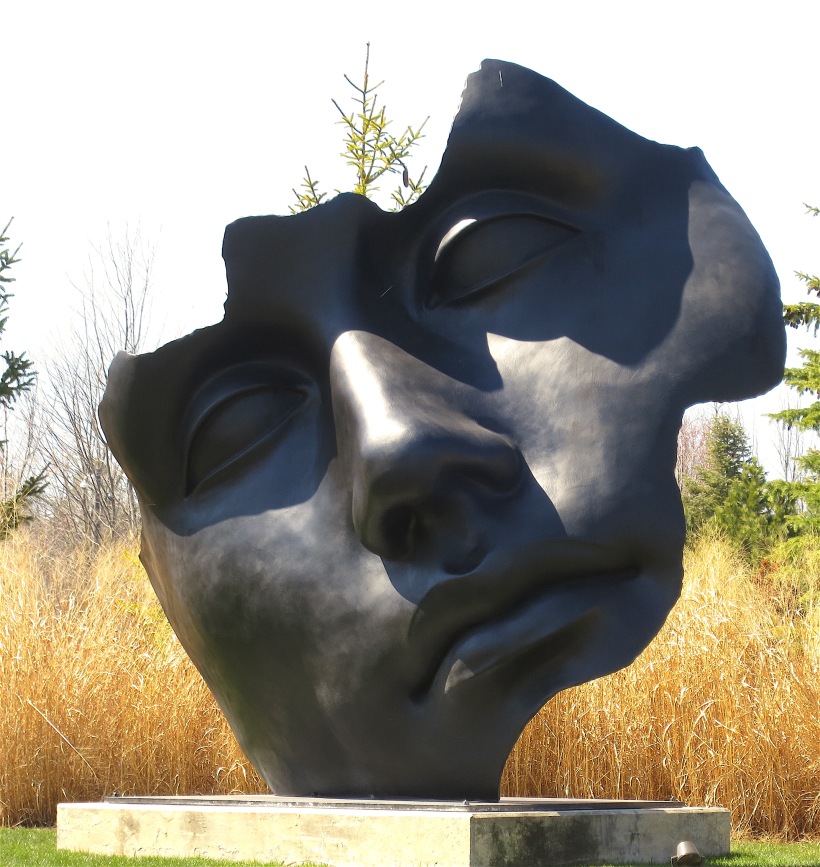

We should always endeavour to wonder at the permanent thing, not at the mere exception. We should be startled by the sun, and not by the eclipse. We should wonder less at the earthquake, and wonder more about the earth.
~ G.K. Chesterton from ILLUSTRATED LONDON NEWS, October 21, 1905



As a physician, I was trained to perform physical examinations by learning first what was normal about the human body. As young, theoretically healthy, medical students, we practiced physical examinations on each other, and then had to demonstrate our skills in front of a professor for our class grade in physical assessments.
Since I went to medical school at a time when fewer than 1 in 5 students was a woman, each female student was placed in a physical exam group of three men, taught by a male physician, and then evaluated by a male professor. These were full examinations, including internal assessments, conducted in a typical open-backed hospital gown, in a classroom with long black lab tables to substitute for exam tables.
It was the ultimate feeling of vulnerability to be exposed to one’s classmates, supervisors and evaluators in such a way. Yet, it helped me understand the naked vulnerability of a patient undressing for a physician’s evaluation in the exam room.
After learning to assess and document what was normal in the physical exam, I was then trained to take note of the exceptions –
the human body equivalent of
an eclipse or an earthquake,
a wildfire or drought,
a hurricane or flood,
or merely an annoying pothole or molehill.
A physician’s attention is rarely focused on everything that is going well with the human body, but instead concentrating on what is aberrant, failing, or could be made better.
This is unfortunate; there is much beauty and amazing design to behold in every person I meet, especially those with chronic illness who feel nothing is as it should be — they feel despair and frustration at how their mind or body is aging, failing or faltering.
To counter this tendency to just find what’s wrong and needed fixing, I learned over the years to talk out loud as I was trained to do during those medical school physical assessments:
you have no concerning skin lesions,
your eardrums look clear,
your eyes react normally,
your tonsils are fine,
your thyroid feels smooth,
your lymph nodes are tiny,
your lungs auscultate clear,
your heart sounds are perfect,
your breasts reveal no palpable lumps,
your belly exam is reassuring,
your reflexes are symmetrical,
your prostate is smooth and normal,
your cervix, uterus and ovaries are healthy,
your emotional response to your stress level and
your tears are completely understandable.
I also wrote messages to patients meant to reassure:
your labs are in a typical range
or are getting better
or at least maintaining,
your xray shows no concerns,
or isn’t getting worse,
those medication side effects are to be expected and could go away.
I chose to acknowledge what was working well before attempting to intervene in what is not.
I’m not sure how much difference it made to my patient.
But it made a difference to me to wonder first at who this whole patient was before I focused in on what was broken and causing dis-ease.
I remain startled nearly 50 years later, and always astonished, by the sheer wonder that is our bodies – the Artist’s masterpiece.



Make a one-time or recurring donation to support daily Barnstorming posts
Make a monthly donation
Make a yearly donation
Choose an amount
Or enter a custom amount
Your contribution is deeply appreciated.
Your contribution is appreciated.
Your contribution is appreciated.
DonateDonate monthlyDonate yearly






































































